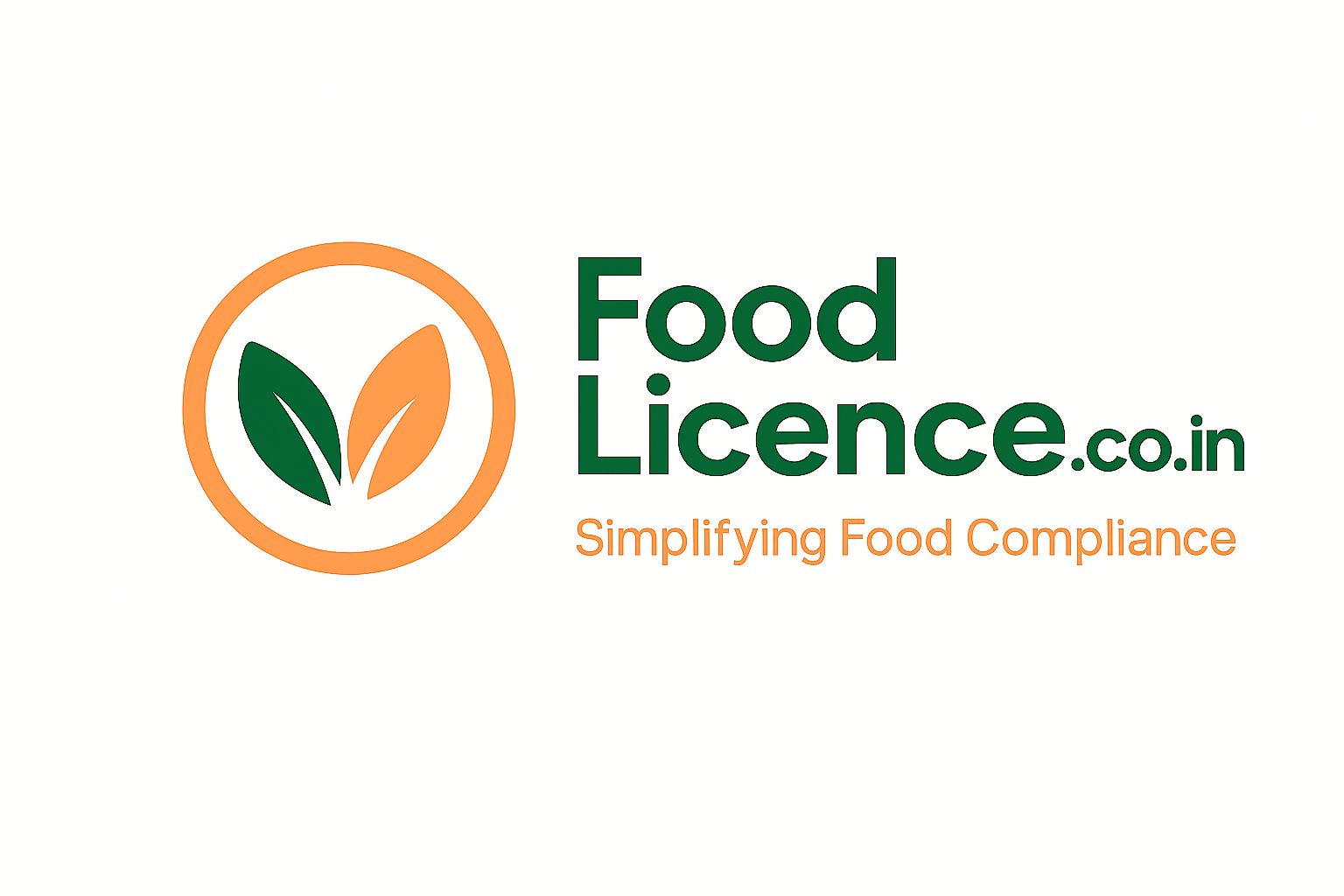Documentation needed when applying for a
Food Licence through the FSSAI in Tamil
Nadu
FSSAI is responsible for maintaining and supervising food safety across India. They do this
through the setting up of rules and regulations about food safety, after which they begin with
regular inspections, making sure establishments are meeting them. FBOs must get their
registration completed before opening the doors of their businesses. If they do not handle the
procedure correctly, they could end up paying fines and dealing with penalties. After catching
them for not meeting the rules, getting a Food licence later can become a lot tougher.
Registering with the FSSAI implies that the company has to apply for and receive a Food Licence.
However, this can get a bit tricky since there are three different Food Licences, and companies
are often confused about which one to apply under.
FBOs have to speculate their annual turnover before they can apply for a licence. Additionally, if
there are changes with the business or establishment post applying, the FSSAI has to be
informed accordingly. Depending on the changes, it might need the FBO to apply for a new
licence, or make changes to the existing one.
- Basic Registration - If the annual turnover of the business is less than 12 lacs, the food
business operator can register using Registration Form A.
- State Licence - If the annual turnover of an establishment is between 12 to 20 crores then
the food business operator shall apply for State license Form B
- Central Licence - If the annual turnover of an establishment is above 20 crores, the food
business operator can apply for Central License Form B. Furthermore, businesses that are
planning on opening several branches across India have to apply for a Central Licence
through the head office.
Documentation needed when working through the Food
Licence process
The documentation needs vary significantly depending on the type of licence. While the
paperwork has a lot in common, the larger the turnover of the company, the more paperwork
would be needed since there are additional requirements to be handled as well. These are the
primary documents, they might not all be a necessity, but have them ready, if they match the
company and requirements.
- Form B to be filled and signed by the applicant.
- The processing unit layout showing the dimensions in metres and operation- wise area
allocation. Only needed for the manufacturing and processing units
- List of Directors, partners, proprietor, executive members of the society, trust with full
address and contact details (Mandatory only for Companies).
- Name and record of equipment and machinery along with the number, installed capacity
and horsepower used (Mandatory only for manufacturing and processing units)
- Identity and address proof issued by the government authority of proprietor/ partners/
directors/ authorised signatory.
- List of Food types desired to be manufactured
- Authority letter with the name and address of the nominated point person by the
manufacturer, indicating the powers vested with them by assisting the officers in
inspections, a collection of samples, packing and dispatch.
- The analysis report of water to be used as an ingredient in food from a recognised or
public health laboratory to confirm the portability.
- Proof of possession of premises or rent agreement.
- Partnership deed or self-declaration of proprietorship.
- Copy of certificate obtained under the Coop Act, 1861.
- NOC and proof of the license from the manufacturer.
